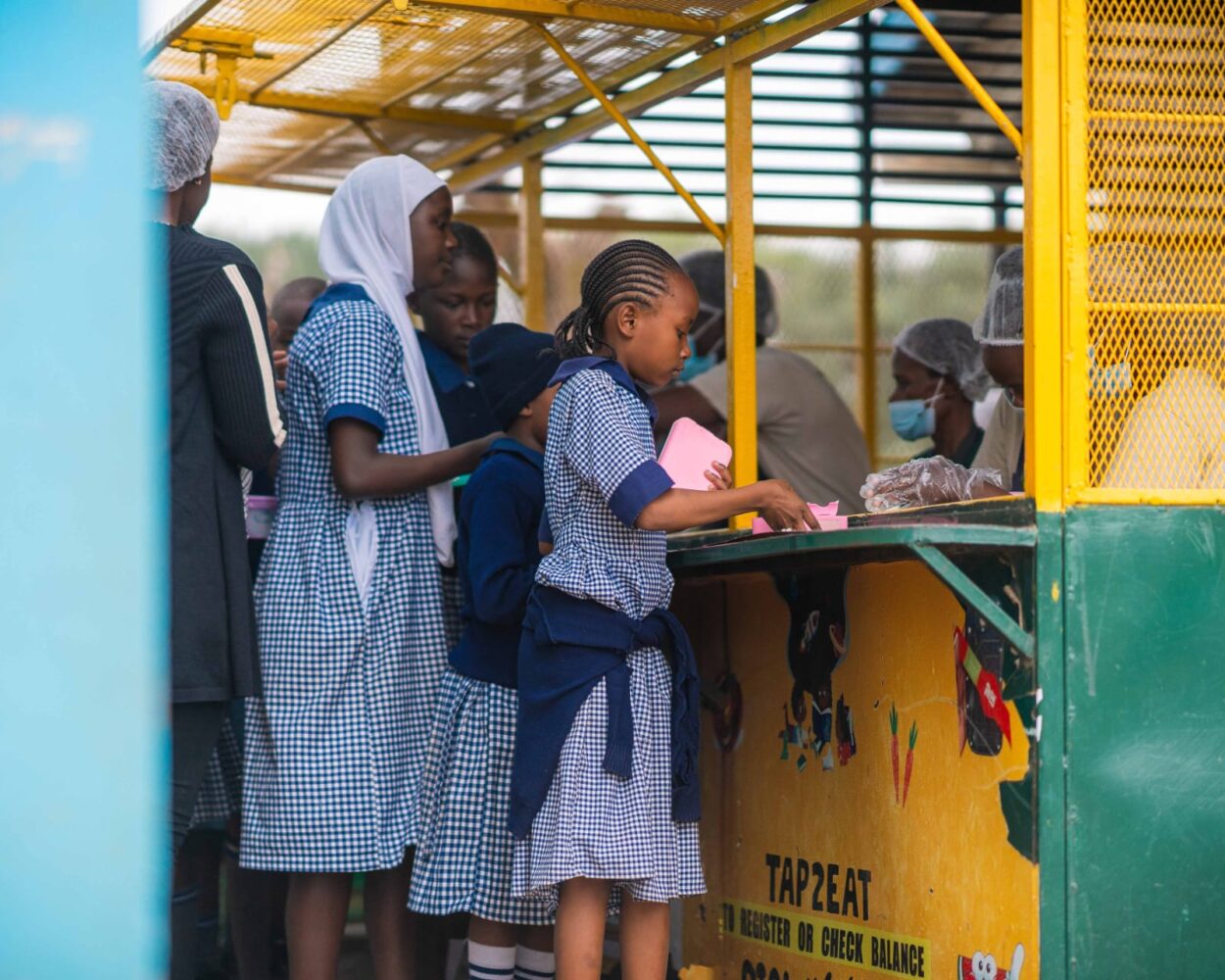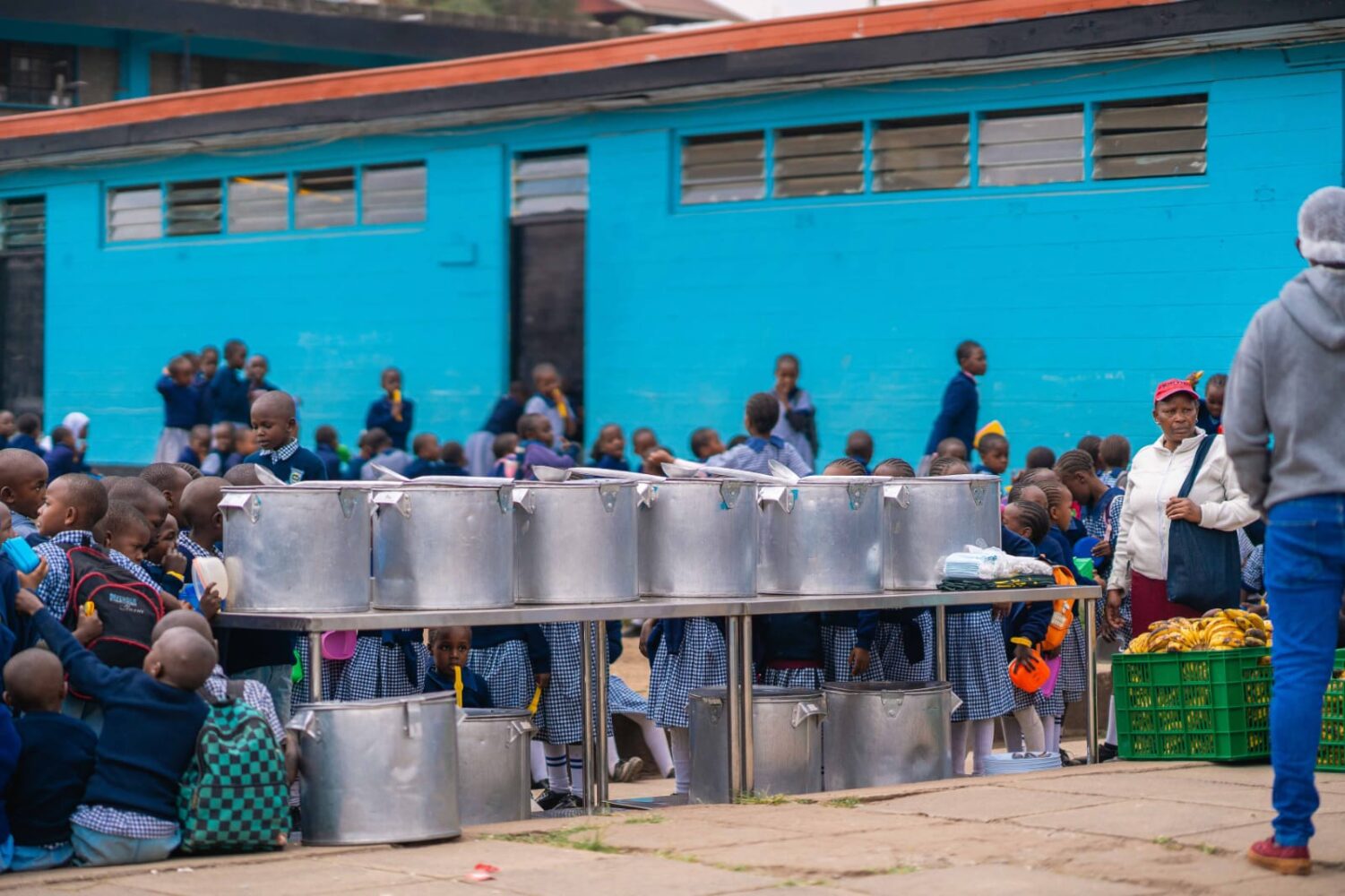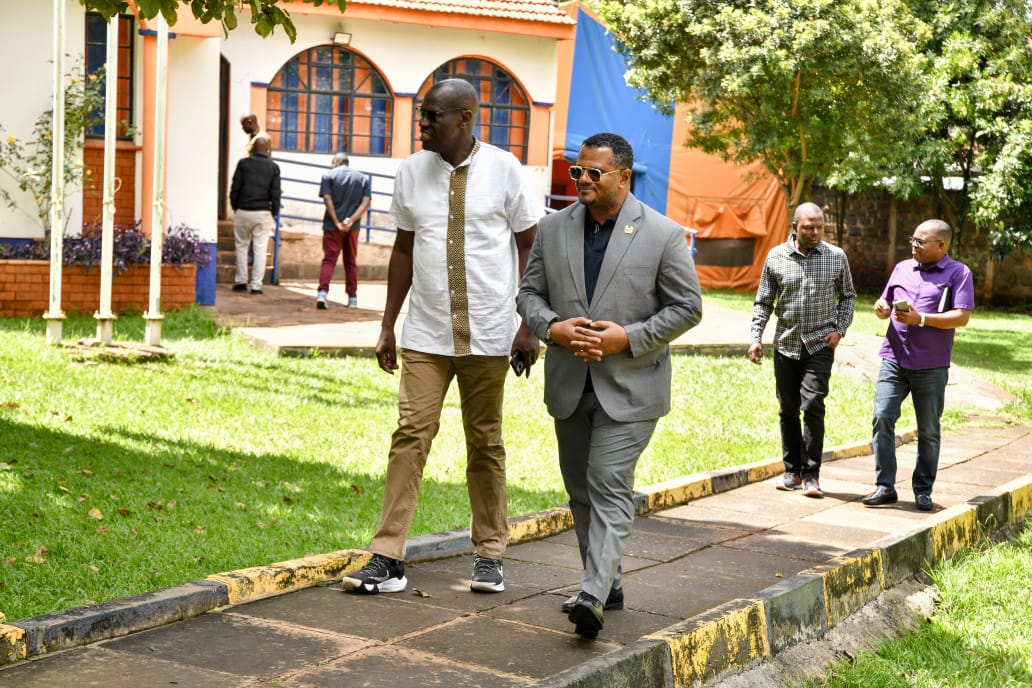A one-on-one interview with Wawira Njiru, founder and CEO of Food for Education, the implementing partner of Nairobi’s Dishi na County programme.
- How do you feel about the completion of 17 kitchens across all 17 sub-counties in Nairobi? We are incredibly proud. The completion of 17 kitchens across all sub-counties in Nairobi, marks a significant step towards achieving our goal which is to ensure that every child has access to a hot, nutritious meal while in school; and to feed 1 million school children daily, in Kenya, by 2027. School feeding programs can solve classroom hunger and knock down barriers to learning, so partnering with Dishi na County is an important alliance. Through this initiative, we’ve been able to support Governor Sakaja in his pursuit of a universal school feeding program. As the implementing partners, we are grateful for the opportunity to contribute to feeding the future and driving impactful change in our communities.
- With over 340,000 learners now being served by Dishi na County, what are your plans to extend this program to reach even more students? Many of the central kitchens we’ve built have the capacity to produce more than 10,000 meals per day. With our centralized kitchen system, we are well-positioned to scale up and serve even more pupils, including those in other learning institutions like APBET schools, as per Governor Sakaja’s request.Our focus moving forward will be on expanding the Dishi na County program to reach more underserved communities, leveraging our existing infrastructure to ensure no child is left behind. We’re committed to extending the program’s impact and feeding more learners across Nairobi.
- Reflecting on this project months later, what does this project mean to Food for Education and where do you want to be in a year or two? Hunger is one the biggest challenges facing African children – who are the future – and our mission is to scale the solution to classroom hunger. But also, to use our scalable [30x since 2020] and replicable model to invest in local economies. Our partnership with thousands of smallholder farmers across 13 counties has created a stable, ready market for their produce – with approximately 80% of ingredients sourced locally – directly improving their livelihoods. Additionally, the eco-friendly design of our kitchens – which have delivered 55 million hot, affordable, nutritious meals – ensures we’re making a positive environmental impact, contributing to sustainability. We’ve created over 3,000 jobs, many of which provide opportunities for skilled workers in the jua kali sector. I’m particularly proud that over 70% of our workforce is Gen Z and more than 50% are women, ensuring that this initiative is empowering the next generation.
- In what ways has Nairobi County supported you in realizing your vision? The Dishi na County initiative is a Nairobi-led program, born from Governor Sakaja’s commitment to ensure that all children in public schools have access to nutritious meals. As Food for Education, we serve as the implementing partner, ensuring the efficiency and management of operations. This collaboration exemplifies a successful public-private partnership that is driving meaningful change and transforming lives across Nairobi. By working closely with the County, we have been able to scale up our efforts and positively impact the community.
- When you first started the Food for Education program, what were your goals, and how do you feel about what you’ve accomplished so far? When I started this, my initial goal was simple—to feed 100 children. However, I quickly realized that so many more children were going to school hungry and returning home the same way. A recent study shows that out of the 500 million children on the continent, 90% lack access to the nutrition they need! This harsh reality motivated me to explore deeper solutions for this critical issue affecting education. I researched successful models from around the world, and even took a team along with sponsored service vendors to India to benchmark their centralized kitchen system. It’s rewarding to see how this has empowered many local businesses to support our mission by building similar centralized kitchens here in Kenya. Our ultimate dream is to end child hunger, and we are continually analyzing the data we gather to refine and adapt our solution to meet the evolving needs of school children. We’re proving it’s possible in Kenya and we are continuing to work towards creating an example that can expand across the continent.














